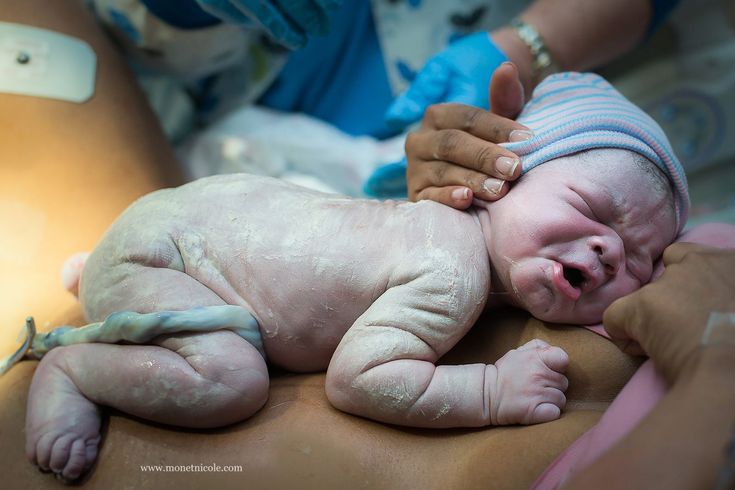Complementary Feeding: Introducing Solid Foods and Transitioning

Complementary feeding refers to the gradual introduction of solid and semi-solid foods alongside breast milk or formula from around six months of age. At this stage, an infant’s nutritional requirements exceed what milk alone can provide, necessitating additional sources of iron, zinc, and other essential nutrients for continued growth and brain development. The World Health […]
Feeding Challenges and Support: Addressing Common Issues

Feeding in infancy, whether breastfeeding, formula feeding, or during complementary feeding, often comes with challenges that require guidance, patience, and professional support. Common feeding difficulties include poor latching, low milk supply, colic, food allergies, and feeding aversions. Breastfeeding challenges may involve nipple pain, engorgement, mastitis (breast infection), and concerns about milk sufficiency. Poor latching can […]
Formula Feeding: Types, Preparation, and Safety Considerations

While breastfeeding is considered ideal, there are circumstances where formula feeding becomes necessary or preferred. Formula feeding offers a safe and effective alternative to breast milk, ensuring that infants receive adequate nutrition for healthy growth and development. Understanding the types, preparation methods, and safety protocols is crucial for caregivers opting for or requiring formula feeding. […]
Breastfeeding: Nutritional, Immunological, and Emotional Benefits

Breastfeeding is widely regarded as the optimal method for infant feeding due to its unmatched nutritional composition, immunological benefits, and emotional bonding advantages. Human breast milk is uniquely tailored to meet the dynamic needs of growing infants, changing in composition over time to support physical, neurological, and immune development. Breast milk contains an ideal balance […]
The Importance of Early Feeding: Initiating Nutrition After Birth

The moments immediately following childbirth are essential for establishing feeding practices. Newborns are born with innate reflexes such as the rooting and sucking reflex, which enable them to find and latch onto the breast or bottle for nourishment. Early feeding is critical for several reasons: it provides the newborn with essential nutrients, helps regulate blood […]
Newborn Care and Early Development: Nurturing the First Milestones

After childbirth, newborn care becomes the primary focus. The initial days involve monitoring the baby’s vital signs, feeding patterns, weight, and overall health. Standard procedures include Apgar scoring at one and five minutes post-delivery, assessing heart rate, breathing, muscle tone, reflexes, and skin color. Newborns undergo several medical interventions shortly after birth, such as vitamin […]
Postpartum Period: Recovery, Hormonal Changes, and Emotional Health

The postpartum period, often called the fourth trimester, encompasses the first six weeks after childbirth. It is a critical phase of recovery for the mother and adaptation for the newborn. Physiologically, emotionally, and socially, the postpartum period involves significant transitions. Immediately after birth, the uterus begins to contract to reduce bleeding and return to its […]
Delivery Methods: Vaginal Birth, Assisted, and Cesarean Sections

Childbirth can occur through several delivery methods, depending on the mother’s health, fetal condition, labor progression, and available medical facilities. The three main types are vaginal birth, assisted vaginal delivery, and cesarean section (C-section). Vaginal delivery is the most natural and common method. It allows for quicker postpartum recovery, lower infection risk, and immediate skin-to-skin […]
The Stages of Labor: From Contractions to Delivery

Labor is the physiological process by which the fetus and placenta are expelled from the uterus through the birth canal. It is traditionally divided into three distinct stages, each with its own characteristics, duration, and medical considerations. The first stage of labor begins with the onset of regular, painful uterine contractions that lead to progressive […]
Preconception and Pregnancy: Preparing for New Life

Childbirth is a culmination of a biological process that begins long before labor. The journey starts with conception — the union of a sperm cell and an egg cell, resulting in a zygote. Preconception refers to the health and lifestyle factors that prospective parents address before attempting to conceive. This period is vital as it […]
